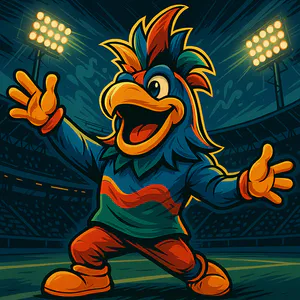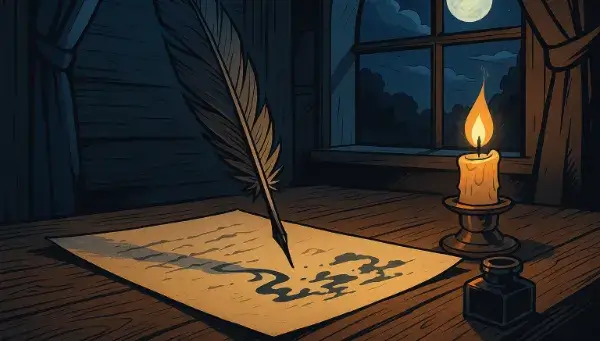Generate mascot names
More Various Name Generators- <% result.name %>
Discover all Story Shack apps
Ignite Your Mascot's Personality
Creating a memorable mascot involves tapping into their unique traits and characteristics. Use these thought-provoking questions to inspire a mascot that embodies the spirit of your brand or event.
- What core values does your mascot represent?
- What hobbies or interests would make your mascot relatable to your audience?
- How does your mascot interact with others in their environment?
- What humorous or quirky traits can make your mascot stand out?
- What is your mascot's backstory, and how does it influence their behavior?
Frequently Asked Questions
Explore these common inquiries about the Mascot Name Generator and discover how it can help you create the perfect mascot identity.
How does the Mascot Name Generator work?
It generates a variety of creative and fun mascot names by combining different themes, traits, and inspirations with each click.
Can I specify the type of mascot name I want?
Currently, you cannot specify; however, you can regenerate names until you find one that perfectly fits your vision.
Are the mascot names unique?
The names are randomly generated; with unlimited clicks, you'll discover a diverse range of options, though some may resemble others.
How many mascot names can I generate?
You can generate an unlimited number of names; simply click 'Generate' as many times as you like.
How do I save my favorite names?
You can easily copy a name by clicking on it, or use the heart icon to save it for later reference.
What are good mascot names?
There's thousands of random mascot names in this generator. Here are some samples to start:
- Orchid the mouse
- Rampart the boar
- Camo the macaw
- Upgrade the platypus
- Jade the cheetah
- Grappler the baboon
- Burgundy the macaw
- Bright the crocodile
- Jinx the raven
- Blanco the deer
About the creator
All idea generators and writing tools on The Story Shack are carefully crafted by storyteller and developer Martin Hooijmans. During the day I work on tech solutions. In my free hours I love diving into stories, be it reading, writing, gaming, roleplaying, you name it, I probably enjoy it. The Story Shack is my way of giving back to the global storytelling community. It's a huge creative outlet where I love bringing my ideas to life. Thanks for coming by, and if you enjoyed this tool, make sure you check out a few more!








































































